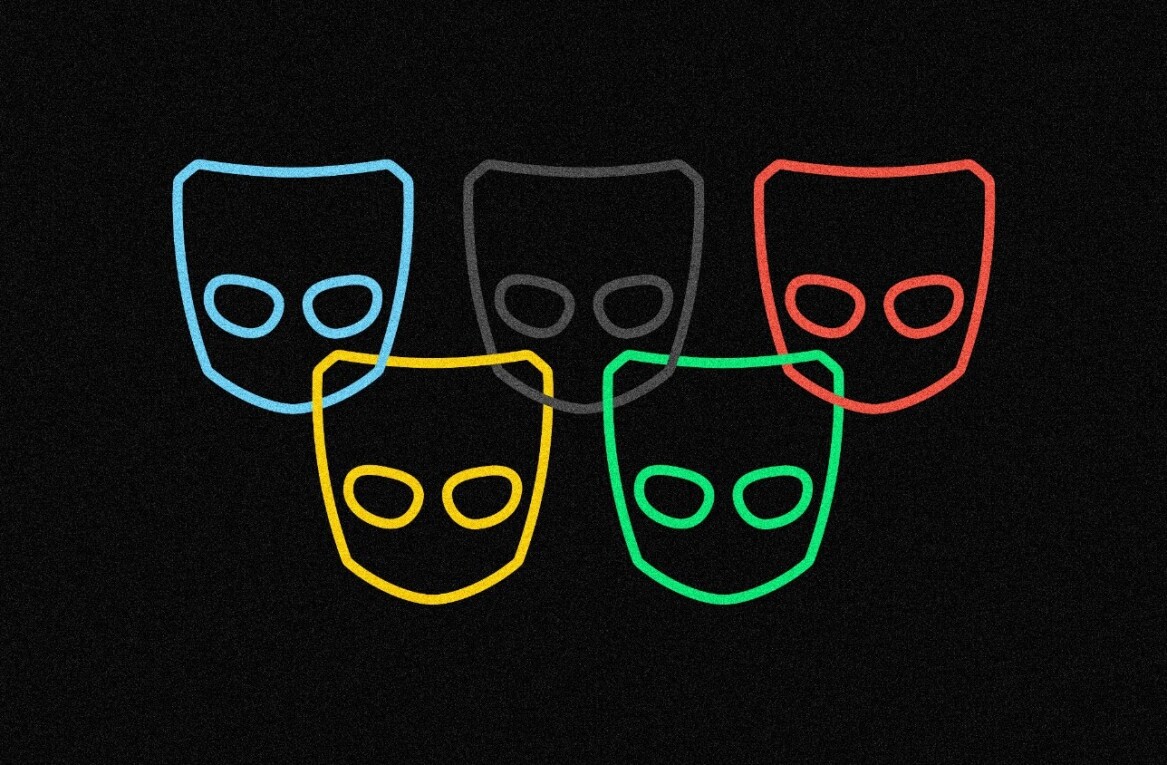
It’s clear that social media has led to a proliferation in user generated content, allowing us all to become mini content producers. We happily take photos and videos that we upload to other sites to share with our friends. What hasn’t been clear however, is just how much these sites are making from the content we willingly upload.
A new infographic from MyCube, who is developing a model to allow people to monetise their own content, puts this into perspective, showing just how much social networks are making from the content we’re providing. Facebook comes out on top, having made a huge 1.86 billion in 2010. This will come in the form of advertising, as every piece of content we create is another Page on the site which leads to more ads being placed, more impressions for the advertiser and (hopefully) more clicks:
(Click to enlarge)

Is it worth the payoff?
The figures shown above are pretty stark. All that content we’re producing translates directly into healthy revenue figures for the top 5 social networks. Yet we do this knowingly, so is it worth the payoff? What you’re relinquishing through ownership of your own content of course, is the reach you get through the social platforms. They invest in building the infrastructure to facilitate sharing amongst communities and you create the content that keeps it going, that keeps our communities growing and gets people talking. The problem of course is that many people don’t realise how much direct revenue they’re generating for sites when they do this. More people turn towards social networks to distribute their content, turning away from blogging for example, where the content is within your own domain, and most importantly if you’re running ads, the revenue goes directly towards you.
Monetizing blogs is difficult for people that dedicate hours each day to maintaining their sites so it’s easy to see how this has come about. The big social networks are mopping up the revenue, collecting hundreds of millions of streams of content and revenue. On their own they might not be much for an individual blogger, but combine them and you get figures like the above. The fact is that the appeal of social networks and the easy options they offer for distributing content and connecting with people, becomes more important than directly monetising your own content. Arguably, that comes indirectly as people build up their profiles online by regularly sharing their own content and then monetise this through releasing books, consulting, speaking at conferences. The potential value here of course, could far outweigh what you might earn on your own blog.
 Showing what a huge market this is, outside of the big 5 social networks above, other sites are beginning to monetise user-generated content in new ways, as ever new models develop. Tripadvisor has recently partnered with First Choice holidays, part of the TUI group in the UK, to offer its user generated content on the site to inform potential bookers about the best holidays and hotels. Of course, the people who are actually producing the content that is such a valuable commodity don’t have a say in this, even though their content is effectively being monetised twice. Firstly through the partnership with Tripadvisor and TUI (this is unlikely to be a free deal for TUI), then further through firstchoice.co.uk, as the free reviews and content better informs people to book a holiday through them. This may seem like an uncomfortable truth for many, who turn to the site to inform other travellers directly, rather than aligning themselves with any one particular brand. Yet Tripadvisor is providing the service and facilitating the content, so we have to forego control of where that content ends up.
Showing what a huge market this is, outside of the big 5 social networks above, other sites are beginning to monetise user-generated content in new ways, as ever new models develop. Tripadvisor has recently partnered with First Choice holidays, part of the TUI group in the UK, to offer its user generated content on the site to inform potential bookers about the best holidays and hotels. Of course, the people who are actually producing the content that is such a valuable commodity don’t have a say in this, even though their content is effectively being monetised twice. Firstly through the partnership with Tripadvisor and TUI (this is unlikely to be a free deal for TUI), then further through firstchoice.co.uk, as the free reviews and content better informs people to book a holiday through them. This may seem like an uncomfortable truth for many, who turn to the site to inform other travellers directly, rather than aligning themselves with any one particular brand. Yet Tripadvisor is providing the service and facilitating the content, so we have to forego control of where that content ends up.
If we weren’t sure before, it’s clear now that content has become a commodity. Sites are trading in the content we produce, in an endless strive to generate more pages on the site, which means more ad revenue. This hits some people particularly hard, such as photographers who have to subscribe to Facebook’s tough rule on owning the rights to every single piece of content uploaded to the site, if they want to share their work on there. Many don’t because of this, but as more and more ad dollars and eyeballs flow to social networks, the ability to compete through monetising your own content becomes more and more difficult.
Get the TNW newsletter
Get the most important tech news in your inbox each week.






